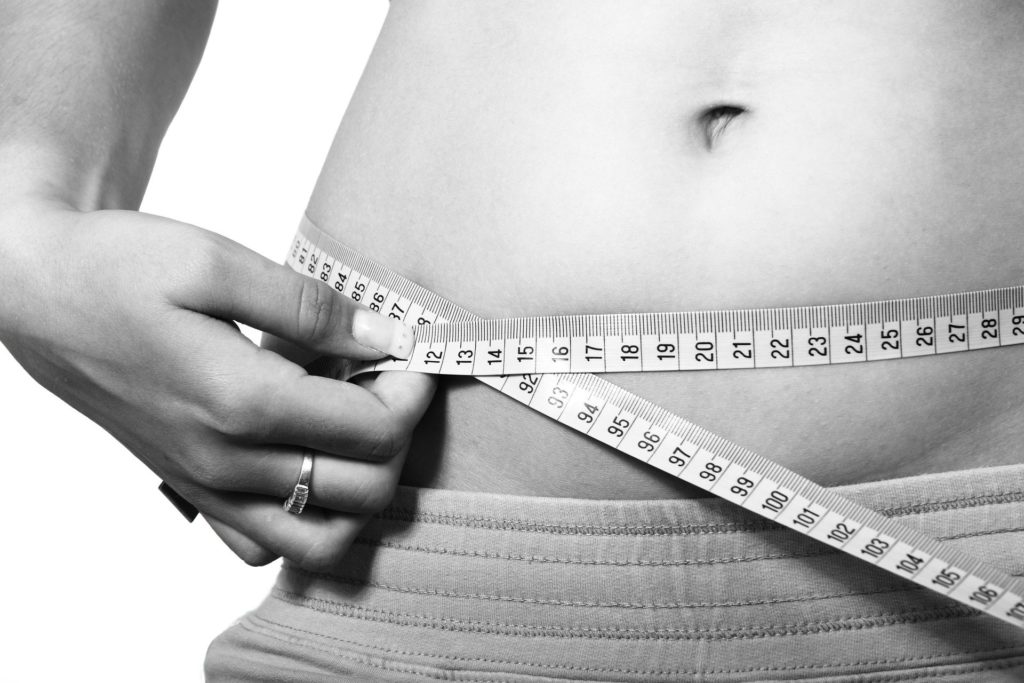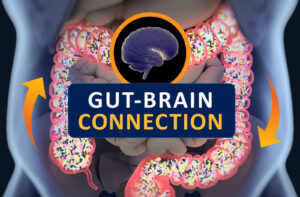Could Gut Bacteria Make Me Fat?
A lot of new and potentially life-changing science is investigating how different gut bacteria can work together to benefit the body.
So far, it has been found that people who are obese have:
- a low diversity of gut bacteria
- a high proportion of Firmicutes
- a low proportion of Bacteroidetes
- depletion of Bifidobacteria
How exactly these bacteria relate to body fat composition isn’t exactly known yet.
Fulvic acid has been known to aid in gut health so can AEON Fulvic Acid Aid in Weight Loss?
Some studies have shown that when obese individuals lost weight, the levels of Bacteroidetes increased suggesting that the balance of gut microbes may affect one’s level of body fat.
Gut bacteria may contribute to obesity through their ability to generate energy by fermenting otherwise indigestible carbohydrates. The gut has an estimated 100 trillion microbes (little microscopic organisms, including bacteria), which all have different jobs, one of which is energy balance. Microbes can work to digest parts of food from the diet, like undigested dietary carbohydrates, that the body would otherwise not be able to digest, including:
Pectin: found in citrus fruits, pears, apples, and plums
Cellulose and hemicellulose: types of indigestible fiber found in plant foods
Resistant starches: found in beans, peas, lentils, whole grains, rice, and bananas.
These dietary components are fermented by the microbes in the intestine, and during this process, short-chain fatty acids are produced which generate energy that can be utilized by the body. As well as providing a source of energy, short-chain fatty acids have an antioxidant property which protects the gut, body, and even contributes to brain health.
Short-chain fatty acids absorbed from bacterial fermentation in the gut are thought to contribute approximately 10% of your daily energy intake, or somewhere around 200 calories. The calories made available by gut bacteria are no different from calories made available by normal metabolism. The gut bacteria are an inherent part of digestion and should not be considered separately when it comes to calories.
Other potential mechanisms that gut bacteria may contribute to bodyweight is by changing the expression of genes and/or promoting inflammation. So far, our understanding of the relationship between gut bacteria and obesity is not well developed. We know that animals without gut bacteria will lose more calories through their feces than animals with gut bacteria. We also know that people who are obese have greater signs of metabolic activity in their large intestine, with fewer calories lost through their stools. We still don’t know how the increased ability to create energy affects weight.
One area that holds promise for the treatment of obesity is fecal transplants. It is thought that potentially by transferring the good bacteria of a lean individual to the gut of an obese individual, there may be some favorable benefits towards weight loss. This area of science is very new and lots of work is underway to explore its potential.




